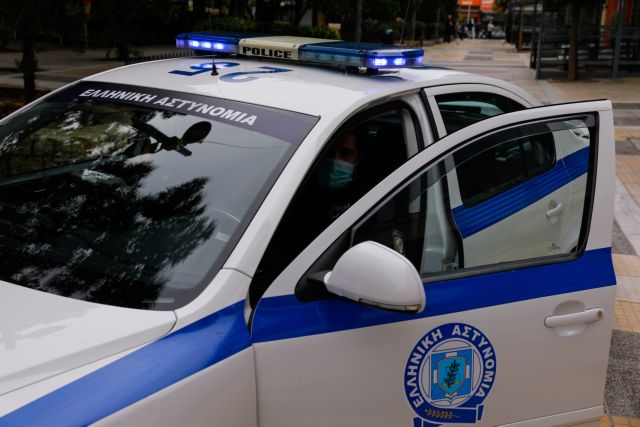Nine individuals have been temporarily detained in Thessaloniki in connection with the hostage-taking and abuse of seven Moroccan nationals.
The men, who were arrested following their court appearances, face charges of illegally detaining the Moroccans in an abandoned house near the Roma settlement of Agia Sophia, in the Diavata area.
According to local news reports, the accused, eight of whom are Greek nationals, admitted to being involved in the transportation and illegal detention of the Moroccans but denied any involvement in the physical assaults. The ninth defendant, a Pakistani national, claimed he was merely acting as a security guard and was not responsible for the beatings, which he attributed to others.
The incident was uncovered by the Department of Combating Trafficking in Human Beings of the Thessaloniki Organized Crime Directorate. The investigation began after emergency calls were made to Greece's European Emergency Number (112) on the afternoon of January 13, alerting authorities to a hostage situation in a building with no windows, where the victims were allegedly being guarded by at least five men armed with pistols.
In a chilling video shared with authorities, one of the captors is seen assaulting a Moroccan national, striking him in the face and body. This footage was reportedly used as a means of coercion, pressuring the victims' families to pay additional money for their release. The traffickers demanded a total of 2,000 euros, far exceeding the original fee the Moroccans had paid for their illegal entry into Greece from Turkey.
Police were able to locate the hostages after tracing a phone call to the Roma camp in Agia Sophia, prompting a swift operation that led to the release of the victims and the arrest of the suspects. The investigation continues, with authorities revealing that at least seven other individuals, including nationals from Morocco, Syria, Turkey, and Greece, may have been involved in the trafficking ring.
The case highlights the ongoing challenges faced by Greek authorities in tackling human trafficking and the exploitation of vulnerable migrants.
(Source: Protothema)

